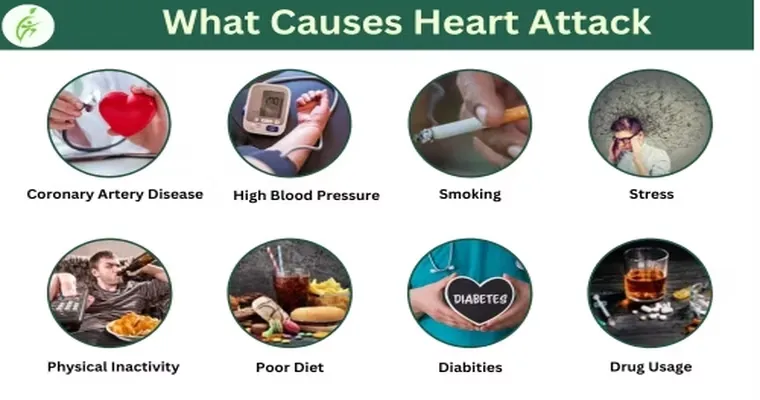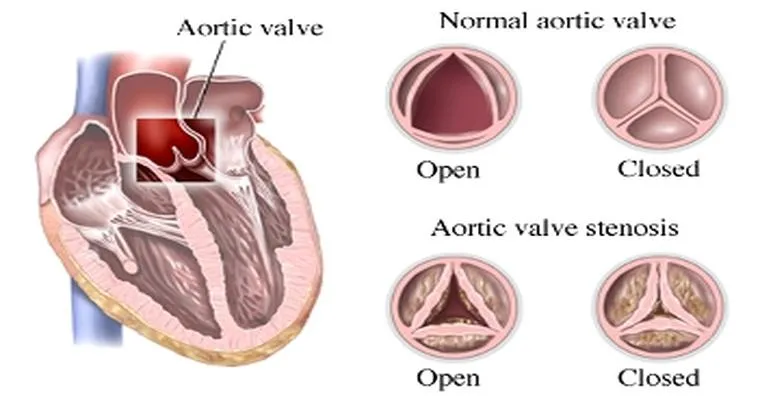Experiencing a heart attack can be a life-altering event that compels you to re-evaluate your "lifestyle", "diet", and "exercise" habits. After such a significant health scare, it is crucial to implement changes that can aid in your recovery and promote long-term heart health. Making the right adjustments can not only improve your quality of life but also reduce the risk of future heart problems. Here are essential changes to consider after a heart attack.
Adopt a Heart-Healthy Diet
One of the most impactful changes you can make is to adopt a "heart-healthy diet". Focus on incorporating more fruits, vegetables, whole grains, and lean proteins into your meals. Reducing the intake of saturated fats, trans fats, and cholesterol is critical. Opt for healthy fats found in foods like avocados, nuts, and olive oil. Additionally, limit your sodium intake to help manage blood pressure. A well-balanced diet can significantly enhance your heart health and overall well-being.
Increase Physical Activity
Regular "physical activity" is vital for recovery and maintaining a healthy heart. After consulting with your healthcare provider, aim to engage in moderate aerobic exercise for at least 150 minutes each week. Activities such as walking, swimming, or cycling can help strengthen your heart and improve circulation. Gradually increase the intensity and duration of your workouts as your fitness level improves. Remember, consistency is key to reaping the benefits of exercise.
Manage Stress Effectively
High stress levels can adversely affect your heart health, making it essential to find effective ways to manage stress. Incorporating relaxation techniques such as "meditation", yoga, or deep-breathing exercises into your daily routine can help reduce anxiety and promote emotional well-being. Additionally, consider spending time with loved ones or engaging in hobbies that bring you joy. A positive mental state is crucial for your recovery journey.
Quit Smoking and Limit Alcohol
If you smoke, quitting is one of the best changes you can make for your heart health. Smoking damages blood vessels and increases the risk of heart disease. Seek support from healthcare professionals or support groups to help you quit. Furthermore, if you consume alcohol, do so in moderation. Limiting alcohol intake can help reduce blood pressure and lower the risk of heart complications.
Regular Medical Checkups
After a heart attack, regular medical checkups are essential for monitoring your health and preventing future issues. Keep up with follow-up appointments and screenings as recommended by your doctor. Discuss any concerns you may have and adhere to prescribed medications. Staying proactive about your health can help catch potential problems early.
Educate Yourself
Knowledge is power when it comes to heart health. Take the time to educate yourself about heart disease, risk factors, and the importance of a heart-healthy lifestyle. Understanding your condition can empower you to make informed decisions and advocate for your health effectively. Consider joining support groups or educational programs that focus on heart health.
Build a Support Network
Having a strong support network can significantly impact your recovery process. Surround yourself with family and friends who understand your situation and are willing to help you stay committed to your health goals. Sharing your experiences and challenges with others who have gone through similar situations can provide motivation and encouragement.
Conclusion
Making changes to your life after a heart attack is crucial for promoting recovery and preventing further health issues. By adopting a heart-healthy diet, increasing physical activity, managing stress, and staying informed, you can take significant steps toward a healthier future. Remember, the journey to recovery may take time, but with dedication and support, you can regain your health and enjoy a fulfilling life.





